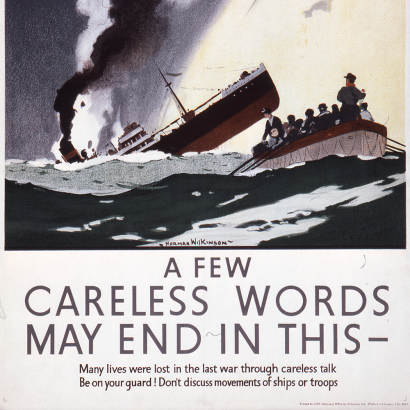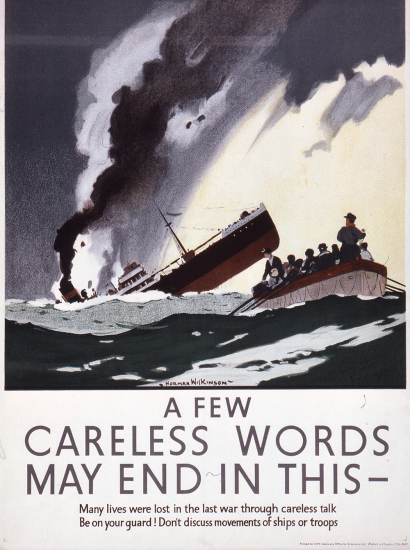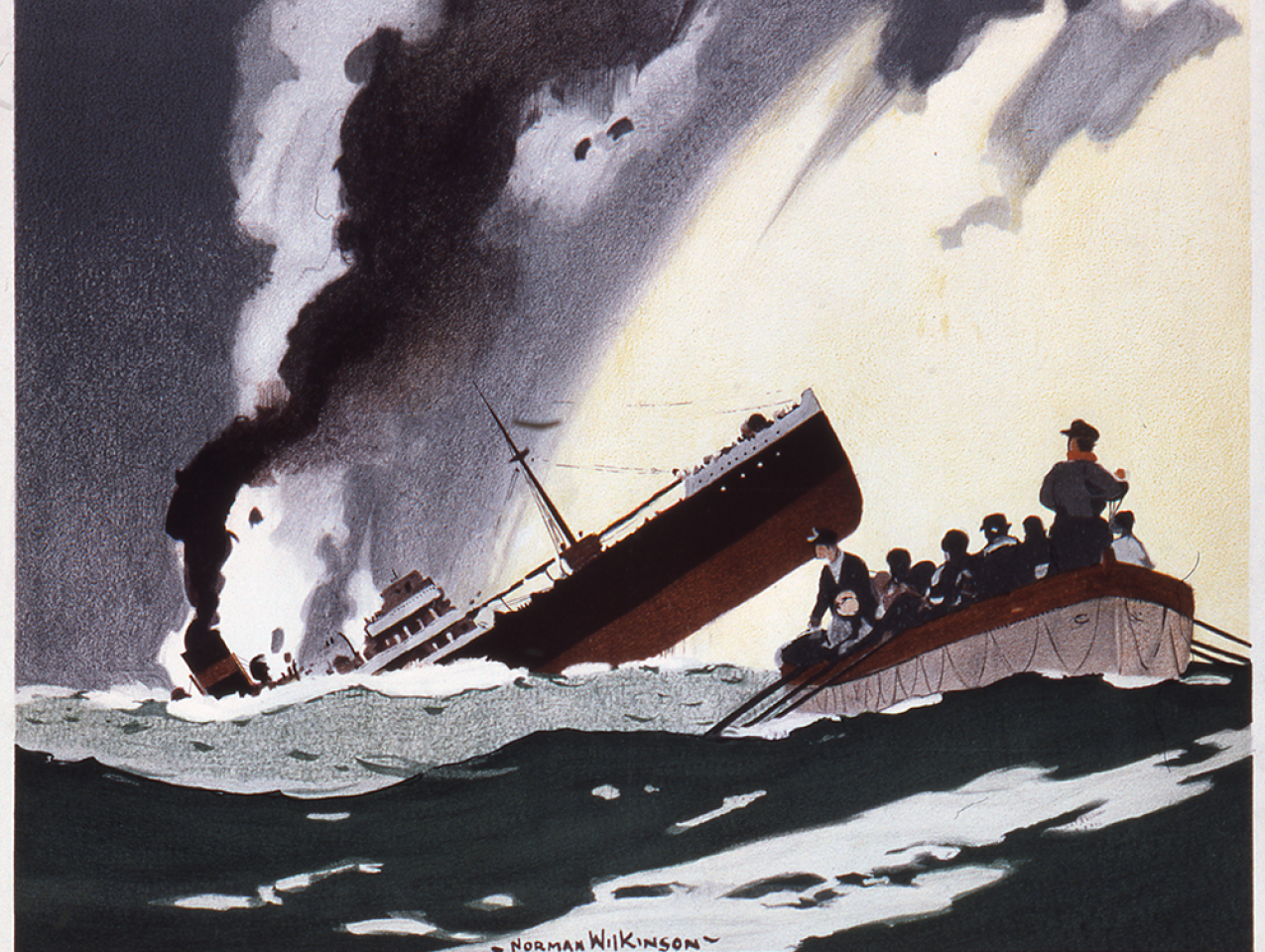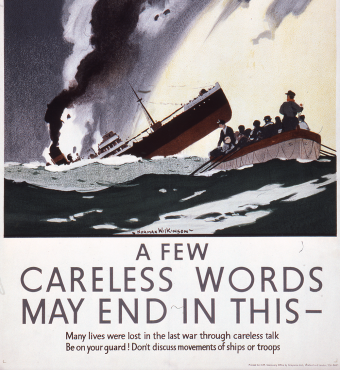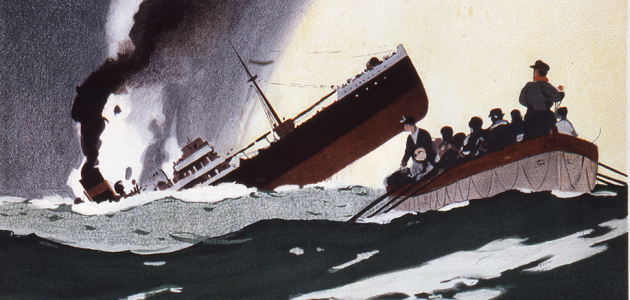Many military historians estimate that without the vital breakthroughs in cracking Nazi Germany’s Ultra code, as encrypted by its military units’ Enigma machines, the Second World War might have lasted as much as a year longer than it did. That is partly why everything connected with the heroic codebreakers of Bletchley Park in Buckinghamshire in England still makes news today.
In particular, Professor Alan Turing (1912–54), the English mathematician and computer scientist, who led Hut 8 at Bletchley which broke the German naval codes, has been greatly honored, indeed today his face adorns the £50 British banknote. The present debate surrounding the uses and potential shortcomings of Artificial Intelligence have further burnished the reputation of the man widely considered as one of the fathers of modern computing. “The Turing Test,” for example, establishes if a human can distinguish whether the replies to a question come from a computer or from another human. If a computer’s response is indistinguishable from a human’s, it has passed the Test.
Yet Alan Turing has been in the news recently for a somewhat bizarre reason unconnected to his greatness at mathematics. In 1984 an American woman who was so obsessed by Turing that she changed her name from Julia Schwinghamer to Julia Turing and pretended to be his daughter, stole an archive of his belongings from his old school, Sherborne in Dorset. Among the items taken were Mr. Turing’s Order of the British Empire medal, the certificate of his Princeton doctorate, some photographs, his school reports, and his correspondence, including a letter of congratulations from King George VI. Ms. Turing left a note saying the collection would be “well taken care of.”
Now, a full thirty-nine years later, the stolen items have been recovered by the U.S. Department of Homeland Security. In 2018, Ms. Turing offered to lend certain items to the University of Colorado, where curators became suspicious about their provenance. They contacted the Turing Digital Archive at King’s College, Cambridge, which then contacted the archivist at Sherborne School. Meanwhile, Ms. Turing was discovered to have had no family connection with the distinguished codebreaker.
When Homeland Security searched Ms. Turing’s home in Denver, Colorado, they discovered Turing’s OBE medal and the letter from George VI behind a removable part of a bathroom wall. The matter was settled out of court, and all the items are now back at Sherborne School, which will presumably now house them more securely than they did 39 years ago.








